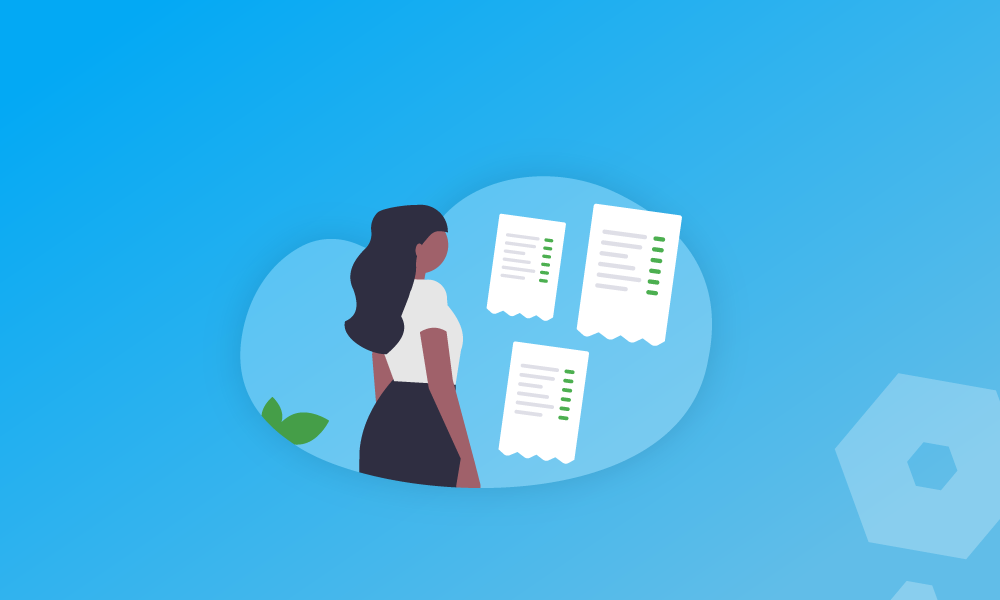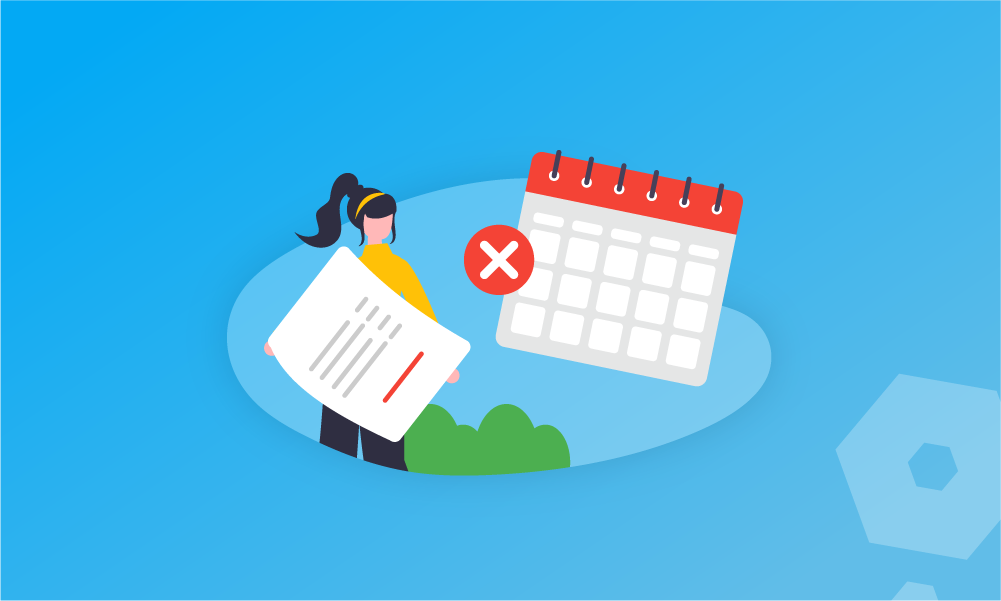Nobody wants to pay more tax than they need to, and there is no reason why you should pay more than your fair share. So, in this post, we’re going to look at the different allowances and tax reliefs that a self-employed person can claim.
This isn’t tax avoidance, or any kind of shady practice. This is simply using the allowances that are genuinely available for you to use in the course of your self-employment.
Tax relief and tax allowances are a massive subject, so we can’t possibly hope to cover every single aspect but we’ll do our best to give you an idea of the rules.









